Edited answer: In my opinion, you shouldn't use the function from my below old answer. Instead, you should probably know the type of your variable and use the according to check directly (for example, wondering if an array is empty? just do if(arr.length===0){} etc.). This answer doesn't even answer OP's question.
I've come to write my own function for this. JavaScript is weird.
It is usable on literally anything. (Note that this also checks if the variable contains any usable values. But since this information is usually also needed, I think it's worth posting). Please consider leaving a note.
function empty(v) {
let type = typeof v;
if (type === 'undefined') {
return true;
}
if (type === 'boolean') {
return !v;
}
if (v === null) {
return true;
}
if (v === undefined) {
return true;
}
if (v instanceof Array) {
if (v.length < 1) {
return true;
}
} else if (type === 'string') {
if (v.length < 1) {
return true;
}
if (v === '0') {
return true;
}
} else if (type === 'object') {
if (Object.keys(v).length < 1) {
return true;
}
} else if (type === 'number') {
if (v === 0) {
return true;
}
}
return false;
}
TypeScript-compatible.
This function should do exactly the same thing like PHP's empty() function (see RETURN VALUES)
Considers undefined, null, false, 0, 0.0, "0" {}, [] as empty.
"0.0", NaN, " ", true are considered non-empty.

